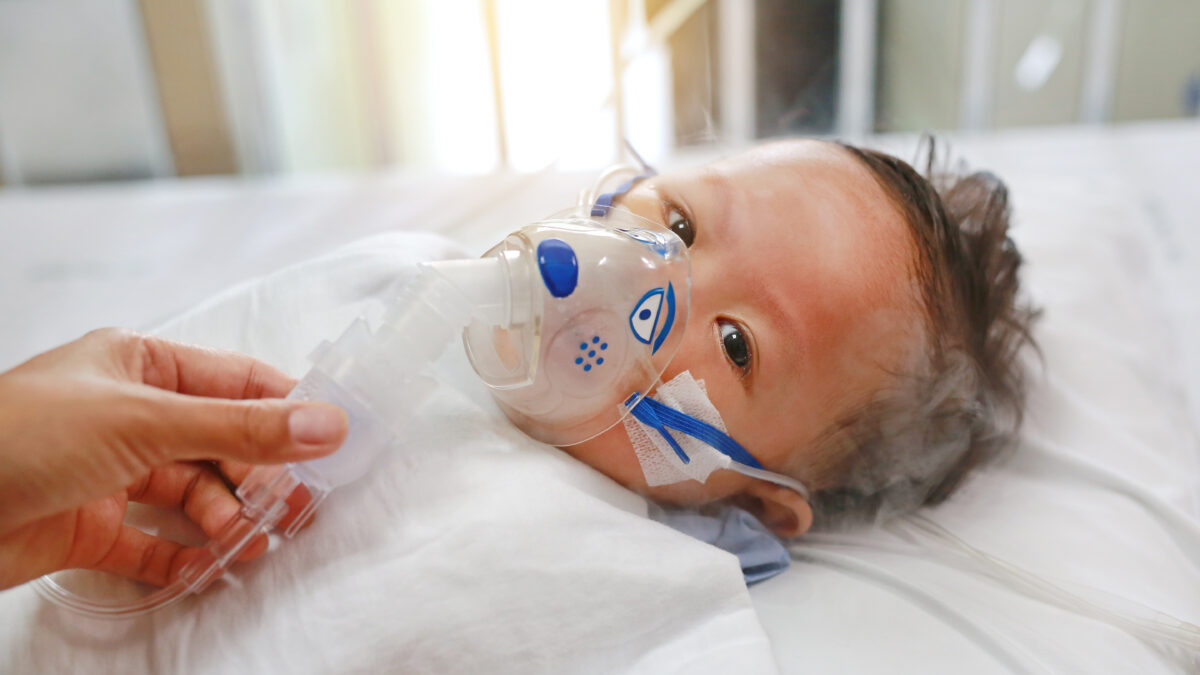The New Year has brought new hope for parents and providers whose goal is to protect infants from serious illness.
Each year, respiratory syncytial virus, commonly known as “RSV” sends tens of thousands of babies to hospitals. Because the virus is most dangerous to those with weak or developing immune systems, babies under six months old, those born prematurely and those with serious medical conditions are most likely to fall seriously ill.
Prevention Tools Are Available
While the threat of RSV is likely to persist, there are expert recommended preventive measures that can reduce hospitalizations and save lives.
A vaccine given to pregnant women offers protection for the baby when they are born Two different monoclonal antibody options are approved for infants; a third is being tested.
Clinical Trials Show Strong Results
Clesrovimab, an investigational monoclonal antibody, has shown promising results in clinical trials. The treatment reduced RSV-associated hospitalizations by more than 84% and hospitalizations attributed to lower respiratory infections by over 90%.
Designed as a single dose injection for all infants – preterm, healthy full-term and those at special risk – clesrovimab offers streamlined protection. If approved and recommended as a preventive treatment, it could help reduce RSV’s tragic burden on families and reduce the strain on health care systems.
In late 2024, the U.S. Food and Drug Administration announced it had accepted the Biologics License Application (BLA) for clesrovimab and set a PDUFA date for June 10, 2025.
Educating Families about RSV Options
“RSV prevention products remain our single most important tool to protect infants from RSV,” according to the CDC, which is why it’s important that parents are aware of their options.
Health care providers play a crucial role in informing families about these prevention options and recommending which is most appropriate for them. Awareness campaigns can also help raise families’ familiarity with the condition and empower them to ask about shielding their babies from harm.
Likewise, equitable and timely access to RSV prevention measures remains critical.
The potential approval of clesrovimab and widespread adoption of preventive measures has the potential to make a big difference in reducing RSV-related hospitalizations and severe illness for many tiny lives.




